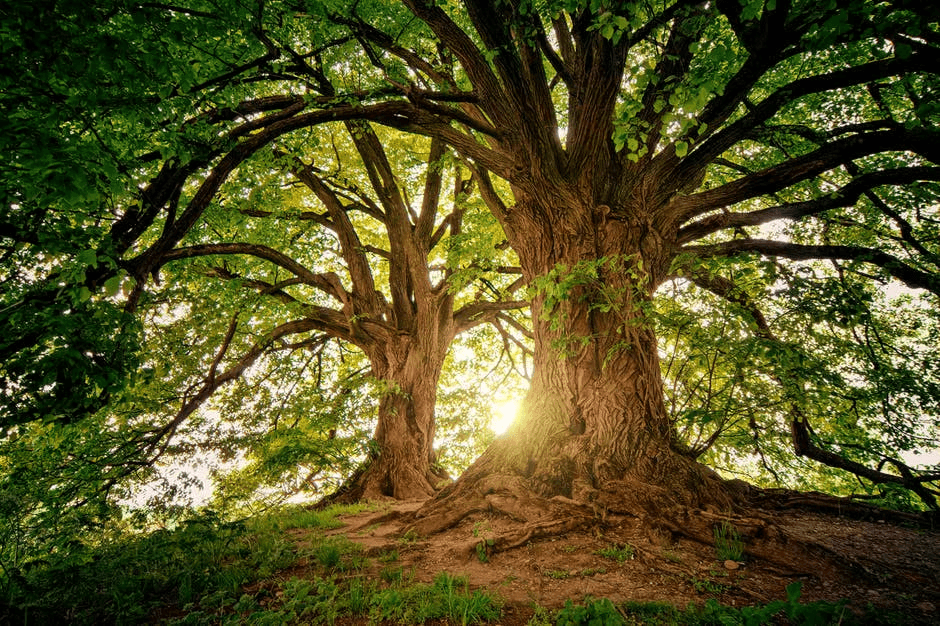
Arborists, usually referred to as tree specialists, play a crucial duty in maintaining the health and appeal of our city and suv landscapes. Their expertise in tree care goes beyond fundamental landscape design; it includes a deep understanding of tree biology, development patterns, and the environmental elements that influence tree health. As metropolitan locations broaden and the importance of environment-friendly areas comes to be much more acknowledged, the need for specialist arborists remains to expand. This short article explores the obligations, benefits, and credentials of an arborist, highlighting their payments to our ecosystems.
One of the primary responsibilities of a most reliable arborist is tree upkeep, which includes pruning, planting, and elimination of trees when needed. Correct pruning techniques not just boost the aesthetic appeal of trees yet likewise promote their growth, making sure that they remain healthy and balanced and safe. Arborists assess the health of trees by examining for conditions, insects, and architectural problems, making use of advanced diagnostic devices when required. Understanding the life cycle of trees allows them to make educated choices concerning their care, making sure that each tree thrives in its atmosphere.
Along with upkeep, arborists are vital in advertising biodiversity and sustainability within urban planning. They work carefully with engineers, city planners, and landscape designers to incorporate trees right into new advancements, ensuring that eco-friendly areas flourish. Arborists are likewise involved in educating the area concerning the relevance of trees and their role in improving air high quality, minimizing metropolitan heat, and improving total quality of life. Their work not only beautifies communities but also minimizes ecological difficulties, adding to healthier ecosystems.
To come to be a certified arborist, one normally requires formal education and training, often getting certification from acknowledged companies such as the International Culture of Arboriculture (ISA). This certification procedure requires arborists to have an extensive understanding of the ethical and risk-free methods in tree care, along with staying current with the latest clinical study on arboriculture. Constant education is vital for arborists as it enables them to adjust to altering ecological conditions and new technology in tree treatment. Continue reading more about best arborist at edwinstreeandgardenllc.com/.
In conclusion, the duty of an arborist prolongs much past the simple act of caring for trees; it encompasses a commitment to protecting the atmosphere, enhancing metropolitan landscapes, and informing the general public on the important relevance of trees. Whether with maintenance, sustainability efforts, or community participation, arborists work as guardians of our green spaces. As cities remain to expand, the experience of arborists will stay necessary in guaranteeing that we protect and support the natural charm in the middle of our city settings.
Education is a never ending process, so continue reading here: https://en.wikipedia.org/wiki/Arborist.